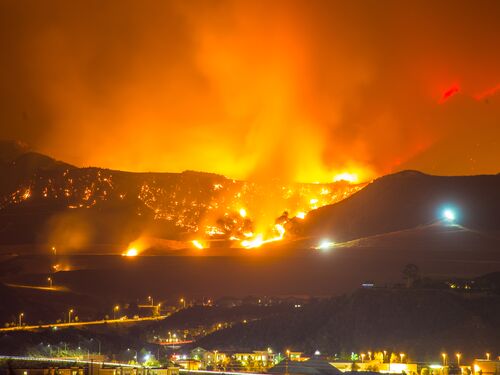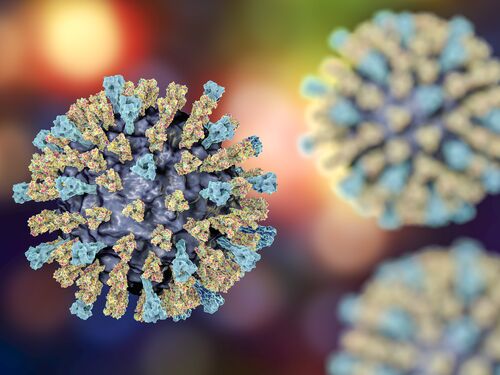Does the HPV vaccine protect against cancer?
Based on Science
Human papillomavirus (HPV) causes several types of cancer. Getting the HPV vaccine can prevent these cancers.
Last update March, 9 2020
The HPV vaccine can prevent cancer before it starts.
Human papillomavirus (HPV) is a common virus that is spread by skin-to-skin contact, usually through sex. Almost everyone who is sexually active will catch HPV in their lifetime. Anyone who has sex can catch HPV—including men.
HPV can cause cancers of the throat, anus, cervix, vagina, vulva, and penis. It causes more than 35,000 cases of cancer among men and women each year in the United States. The HPV vaccine can prevent 90 percent of these cases by stopping HPV infections that lead to cancer.
The HPV vaccine cannot cure HPV-linked cancer or prevent cancer that comes from a type of HPV you are already infected with. To benefit from the vaccine, you need to get vaccinated before you catch HPV. The best time to get the vaccine is before you become sexually active.
The pre-teen years are the best time to get the HPV vaccine.
The HPV vaccine is most effective if you get it when you’re young. Getting the HPV vaccine before you are exposed to HPV can prevent pre-cancer cells from growing in your body.
The U.S. Centers for Disease Control and Prevention and the American Academy of Pediatrics recommend that everyone get the HPV vaccine no later than 12 years old. Children can get the vaccine as early as age 9.
To be fully protected, children need two doses of the vaccine between ages 9 and 14. People who get their first dose after age 15 need three doses for full protection.
Getting the HPV vaccine does not lead young people to have sex earlier or with more partners.
People have been getting the HPV vaccine in the United States since 2006. Since then, HPV has become far less common among teens. Also, the development of pre-cancer cells that lead to cervical cancer has declined in vaccinated women.
The HPV vaccine is safe.
Like all vaccines, the HPV vaccine goes through a lot of testing and monitoring. It is very safe.
The HPV vaccine does not cause HPV infection, cancer, or other serious health problems.
The HPV vaccine has a few possible side effects. The most common one is soreness. Some people experience dizziness, fainting, nausea, or headache.
It is safe to get the HPV vaccine at the same time as other vaccines. Many children get vaccinated against HPV, meningitis, and whooping cough during the same doctor’s visit.
Certain people should not receive the HPV vaccine.
A person with a severe allergic reaction (e.g., anaphylaxis) to a vaccine component or following a prior dose of HPV vaccine should not receive the HPV vaccine. Also, the CDC does not recommend the HPV vaccine for pregnant women.




